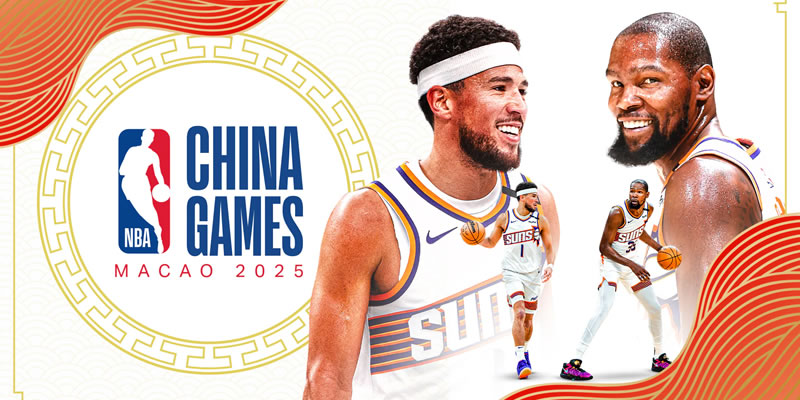In the realm of human history, few activities have stood the test of time quite like sports. They have been a unifying force, transcending borders and languages, while continually evolving in response to the changing needs and desires of societies. This article delves into the fascinating journey of sports, from their humble beginnings in ancient civilizations to the complex, global spectacles we witness today.
The Roots of Sports: Ancient Origins
Sports in Antiquity
The origins of sports can be traced back thousands of years, to ancient civilizations like Egypt, Greece, and Mesopotamia. These early societies saw the emergence of various physical contests and games. For example, in ancient Egypt, a game resembling field hockey was played around 2000 BC, while the Greeks organized the first Olympic Games in 776 BC, featuring events such as running, discus, and chariot racing
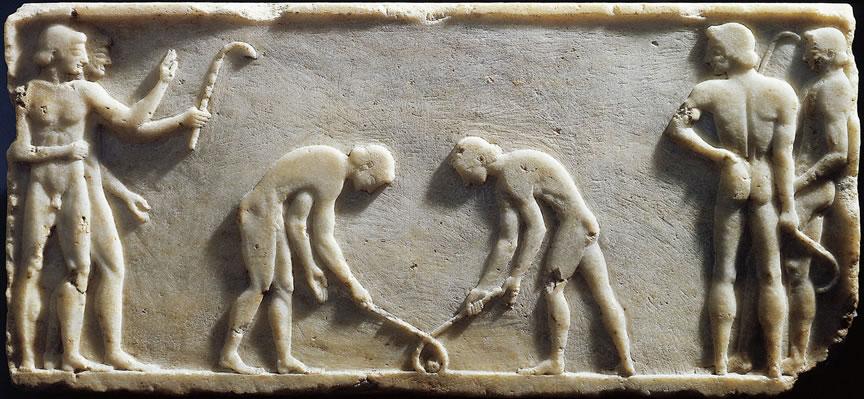
Symbolic Significance
In these ancient cultures, sports held deep symbolic significance. The Olympics, for instance, were not merely a test of physical prowess but also a celebration of Greek religious beliefs and unity. As societies evolved, so too did the role of sports in shaping their cultural identities.
The Middle Ages: A Period of Transformation
Medieval Sporting Traditions
During the Middle Ages, sports took on a new dimension. In Europe, jousting tournaments and archery competitions became popular. These events were not only entertainment but also training for warfare, emphasizing the practical applications of physical skills.
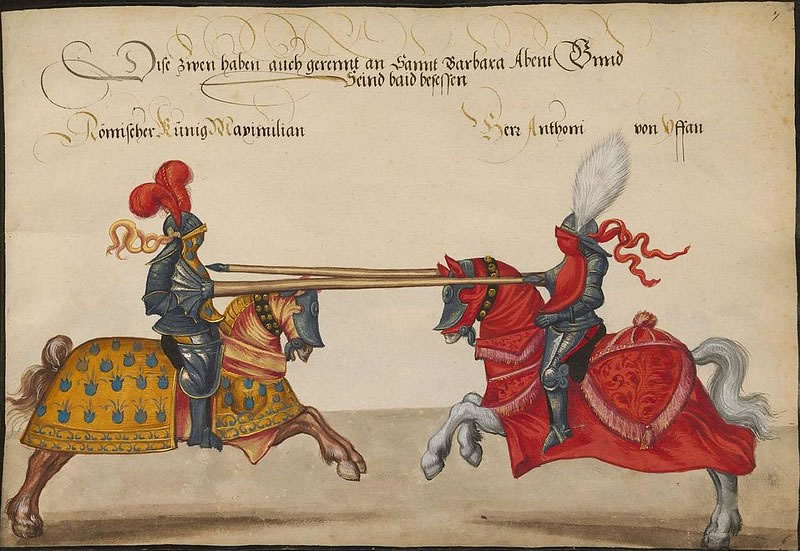
The Role of Feudalism
Feudalism, prevalent in medieval Europe, played a pivotal role in shaping sports. The hierarchical structure of feudal societies influenced the types of sports practiced. For example, commoners engaged in rough-and-tumble sports, while knights and nobility participated in chivalrous games, such as jousting.
The Renaissance and the Birth of Modern Sports
Revival of Interest
The Renaissance marked a turning point for sports. Interest in ancient Greek and Roman culture surged, leading to a revival of classical sports like running, jumping, and wrestling. This era saw the development of rules and standardized competitions, bringing sports closer to their modern forms.
Cricket and the Emergence of Team Sports
In England, the 16th and 17th centuries witnessed the emergence of cricket, a game that would lay the foundation for team sports. Cricket’s development of rules and organized matches set a precedent for future sports like soccer and rugby.
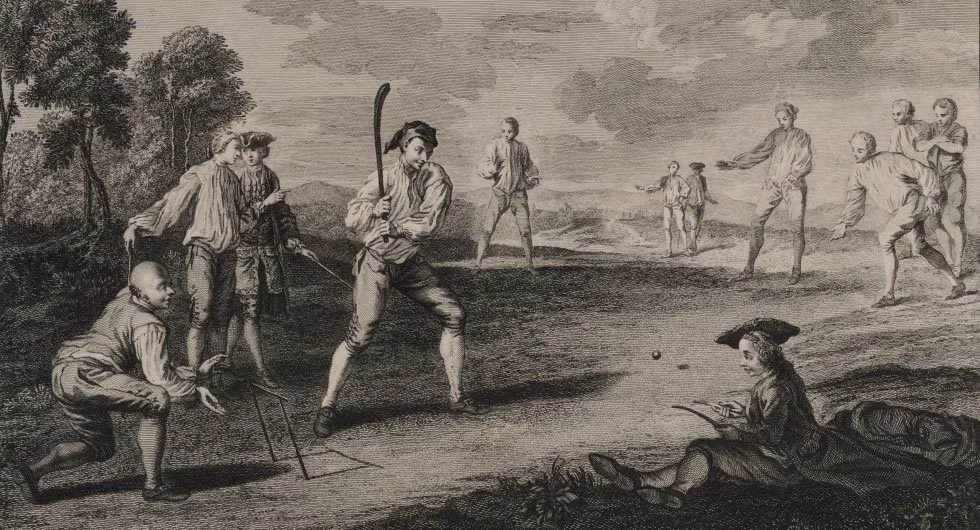
Industrialization and the Globalization of Sports
The Impact of Industrialization
The Industrial Revolution in the 18th and 19th centuries had a profound impact on sports. The urbanization and increased leisure time brought about by industrialization led to the formation of organized sports clubs and leagues. These clubs provided a structure for competitive sports and fostered the spirit of teamwork.
The Birth of Modern Olympic Games
In 1896, the modern Olympic Games were reborn in Athens, Greece. This event marked a significant milestone in the globalization of sports. The Olympics, with their diverse range of events and international participation, embodied the spirit of unity and competition.
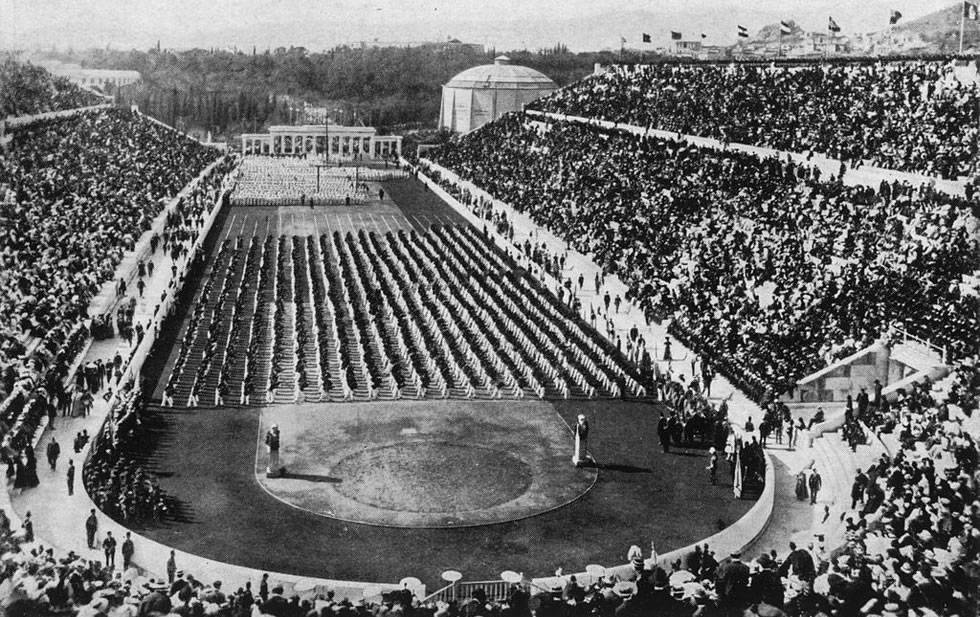
The 20th Century and Beyond Sports as a Global Phenomenon
Television and Mass Media
The 20th century witnessed a revolution in sports broadcasting. Television brought sports into the living rooms of millions, transforming athletes into celebrities and sporting events into global spectacles. The 1960s, in particular, saw the rise of iconic athletes like Muhammad Ali and the advent of the Super Bowl, which became an American cultural institution.
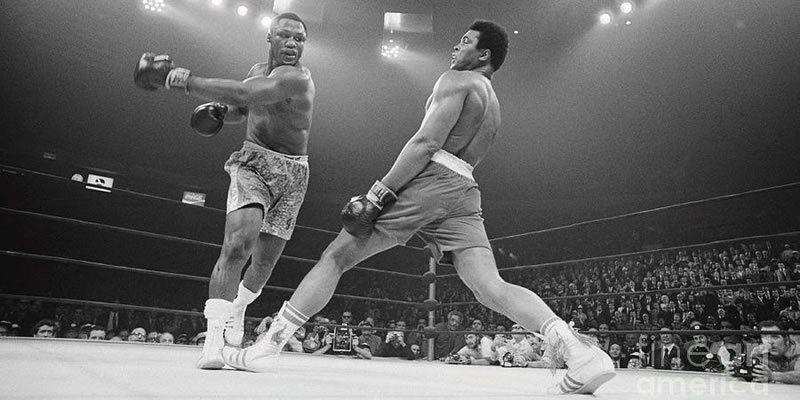
The Role of Technology
Advancements in technology have had a profound impact on sports performance. From innovations in equipment design to the use of data analytics and video analysis, technology has enhanced athletes’ training and competitive edge. Furthermore, instant replays and virtual reality have enriched the spectator experience.
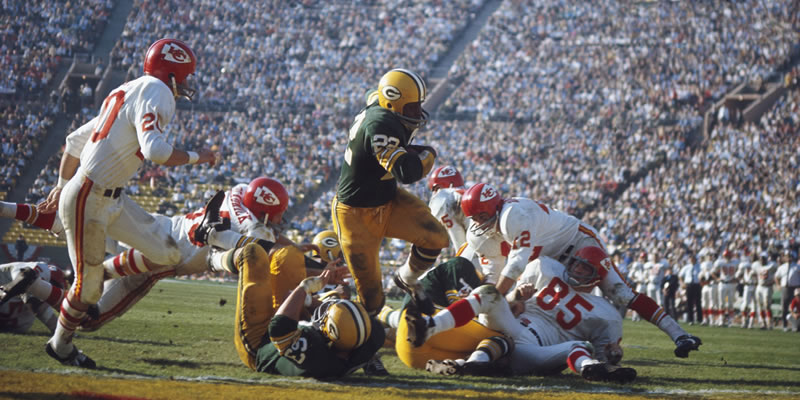
Conclusion: The Ever-Evolving Legacy of Sports
Throughout human history, sports have mirrored the dynamic nature of societies. From their humble beginnings in ancient civilizations to their current status as global phenomena, sports have transcended boundaries and united people in the spirit of competition. The evolution of sports reflects the broader changes in culture, technology, and society, making them a timeless and essential part of human life. As we look to the future, it is certain that sports will continue to adapt and thrive, carrying with them the legacy of their rich history.



